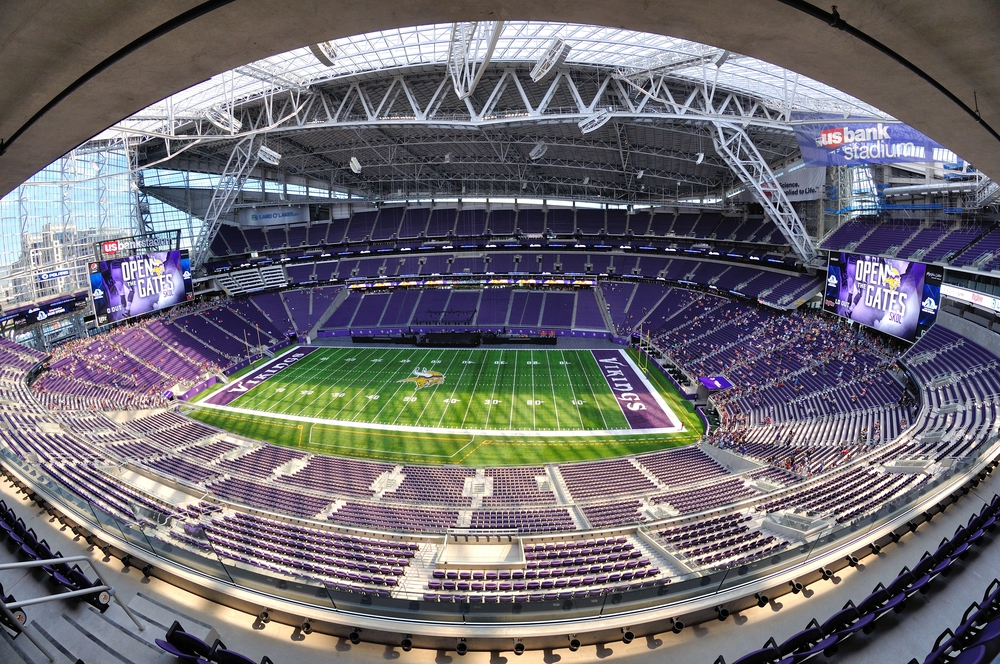State Taxes and Sporting Performance: The evidence
The Minnesota Vikings’ season was effectively over before my Christmas tree came down. The state’s sports journalists are donning their gloves and sharpening their scalpels, preparing to conduct the annual autopsy. The Vikings suffered from some negative exogenous shocks, to be sure, primarily the loss of quarterback Kirk Cousins. But such persistent failure suggests a persistent malady. Two pieces of research suggest that the Gopher State’s high taxes might be a factor.
In a 2018 paper titled ‘Touchdowns, Sacks and Income Tax – How the Taxman decides who wins the Super Bowl’, economist Matthias Petutschnig looked at data for a 23-year period from 1994 to 2016 and found “a significant negative relation between the amount of the net (after-tax) salary cap represented by the personal income tax rate of the teams’ home states and the success of the teams.”
Why would tax rates matter for results? The NFL’s salary cap limits what each team can spend on player salaries. The cap is $225 million this season, an average of $4.2 million per player for a 53-man roster.
But that is gross pay; it doesn’t take state income taxes into account. In higher tax states, like Minnesota, a greater share of that gross income is swallowed up by state taxes than in a lower tax state like Florida. So, to offer the same net pay as a Florida team, a Minnesota team must offer higher gross pay. But that comes out of the $225 million cap, reducing the amount available to attract other players: “This reduces the average talent level of the whole roster of a team in a high tax state and diminishes its chances of winning,” Petutschnig says.
Another 2018 paper supports this finding. ‘State Income Taxes and Team Performance: Do Teams Bear the Burden?’ by economist Erik Hembre investigates “the effect of income tax rates on professional team performance using data from professional baseball, basketball, football, and hockey leagues.” “Regressing income tax rates on winning percentage between 1995 and 2017,” he writes, “I find robust evidence of a negative income tax effect on team performance.”
Three points lend strength to Hembre’s findings. First, looking at college games, where the athletes are unpaid, we would expect to find this effect absent and, indeed, Hembre finds that college teams in low tax-states performed no better than college teams in high-tax states. Second, of the leagues investigated, teams’ results were the least correlated with their states’ tax rates in baseball. This, again, is what you would expect: There is no limit on the salaries MLB teams can pay their players so baseball franchises in high-tax states don’t face the constraint of a salary cap. Third, when Hembre pushed the analysis back to 1977, he finds that “the income tax effect only arose after players gained unrestricted free agency, allowing them to shift the income tax burden on to teams.”
We know anecdotally that taxes are a factor in the location decisions of top players. The evidence presented in these two papers seems to bear that out. Sadly, given the state government’s $10 billion tax hike in the most recent legislative session, the legendary suffering of Minnesota’s sports fans looks set to continue.
John Phelan is an Economist at Center of the American Experiment.

